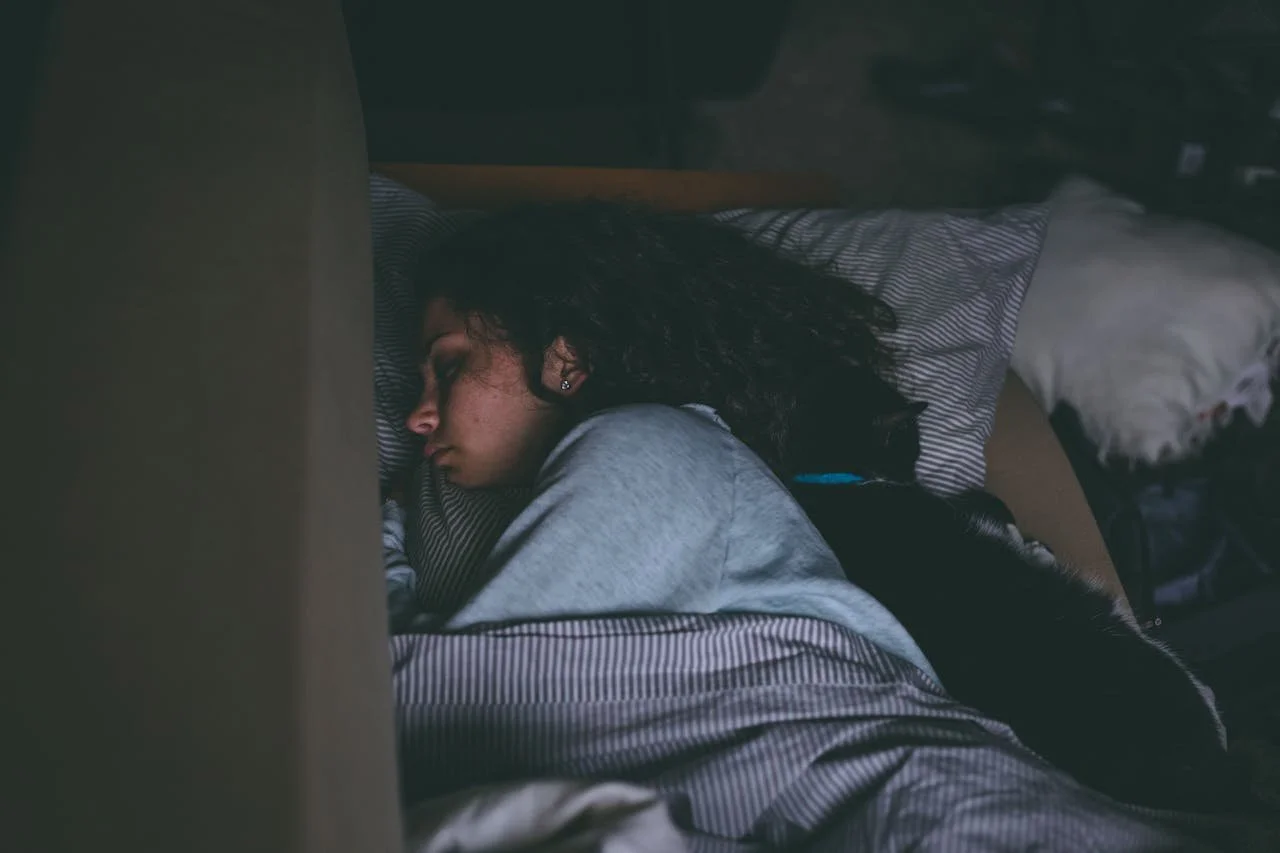The Impact of Sleep on Your Mental Health
Ever wake up feeling like you're in a funk after a restless night? Poor sleep can seriously mess with your mood, especially if you're already dealing with mental health issues. Whether it's anxiety, depression, or other conditions, bad sleep can amp up your symptoms. Here's the kicker: experts aren't entirely sure why since there are observed links between sleep physiology and mood, but the direct cause-and-effect relationships are not fully defined. It's like a chicken-and-egg situation — does poor sleep trigger mood issues, or do mood problems lead to crappy sleep? Either way, getting quality sleep is crucial for your mental well-being.
Effects of Circadian Rhythms and Sleep on Mood
Your body's internal clock, or circadian rhythm, regulates your mood and mental health. Think of it as your body's master conductor, orchestrating the timing of various biological processes. When you're sleep-deprived, this delicate symphony gets thrown off beat. Ever notice how cranky or emotional you feel when you're overtired? That's your circadian rhythm, crying out for help. Disrupted sleep patterns can lead to cognitive hiccups, affecting your ability to learn, pay attention, and even process emotions. It's like trying to run a high-performance car on low-quality fuel — things don't work as smoothly.
How Sleep Influences Brain Health
Sleep acts as a vital architect of brain health. During our nightly rest, our minds are far from idle, actively consolidating memories, clearing out metabolic debris linked to neurodegenerative diseases, and regulating the delicate balance of neurotransmitters crucial for mood and cognitive function.
Statistics paint a stark picture, revealing that chronic sleep disturbances are associated with an increased risk of dementia, impaired cognitive abilities mirroring alcohol intoxication, and a heightened vulnerability to mental health disorders.
The impact on mood and cognitive function can be significant when sleep is disrupted, whether through poor sleep quality or inconsistent circadian rhythms. This disruption can exacerbate existing mental health conditions, creating a cycle where poor sleep fuels mental distress and vice versa. The body's internal clock, regulated by "clock genes," influences not just sleep patterns but mood regulation, learning, and emotional processing. Therefore, prioritizing consistent sleep schedules and creating a conducive sleep environment are essential to safeguarding mental well-being.
Recognizing the profound connection between sleep and mental health is the first step towards taking control of one's well-being. If you're struggling with sleep disturbances and suspect they're affecting your mental health, seeking professional guidance can provide tailored strategies to improve sleep and overall mental wellness.
Tips on How to Achieve Quality Sleep
You're probably aware that sleep is crucial for your mental health, but did you know that the quality and timing of your sleep matter just as much as the quantity? If you're struggling with mental health issues, your sleep rhythm might be off-kilter. The good news is that you can reset your biological clock and improve your sleep hygiene.
Maintain a daily sleep-wake schedule, including weekends, to help synchronize the circadian rhythm, stabilize mood, and improve cognitive function. Establish a relaxing bedtime routine, like reading a book, practicing gentle stretches, and making your bedroom a sleep sanctuary. These small changes can make a big difference in syncing your circadian rhythm and boosting your overall mental well-being.
Getting enough quality shut-eye helps your brain function at its best, regulates your mood, and keeps stress and anxiety in check. If you've been skimping on sleep, now's the time to prioritize it. Are you tossing and turning at night, worried that your lack of sleep might be taking a toll on your mental health? Many people underestimate the powerful link between sleep and psychological well-being. Ready to take control of your sleep and boost your mental health? Book a consultation for anxiety or trauma counseling for trauma today.

